As traumatic as the COVID-19 pandemic has been for the construction sector and the rest of the world, the crisis just might be the spur builders need to fully embrace the world of higher technology.
That was a key conclusion emerging from an online panel discussion on the future of construction convened by construction software business Procore recently. The webinar was part of a Procore product launch event and was titled Building Our Way Forward.
Four Procore clients from diverse sectors were featured including one Canadian, Nick Bockstael, vice-president of Bockstael Construction in Winnipeg.
The others were New York-based Jose Luis Blanco Alvarez, a partner with McKinsey and Company; Nancy Novak, chief innovation officer with Compass Datacenters based in Fairfax, Va.; and Wes Simpson, COO of Green Mechanical in Kentucky.
Procore’s Ezinne Udezue served as convener.
All five agreed that technology is playing an increasing role in how construction employers are operating during the pandemic. As Udezue put it, “The role of technology in construction has been amplified by COVID-19.”
Novak noted that data centres are in high demand during the pandemic and her firm “can hardly build fast enough.”
She described the sector-wide technology gap as an industry challenge.
“Shame on us if we don’t move the needle in a positive way to advance our industry, because the construction industry has suffered from not being productive over the last three decades,” Novak said. “We do have the technology, it just hasn’t been normalized the way it should.”
Novak said she expected modularization was poised to take the next step.
“I am hopeful this will show us how critical going to off-site manufacturing can be,” she remarked. “We need to start utilizing tools that allow us to do more with less skilled labour, because labour is a shortage.”
Connectivity will be more important in the post-COVID world, with digital accessibility now increasingly a necessity, Novak argued. Closing the digital infrastructure gap will be added to the need for traditional infrastructure.
“The demand is still there,” she said. “Infrastructure around the world is still a need. We have crumbling infrastructure in the western world, we have the eastern world trying to leapfrog over the western world. And now more than ever, having a connection is not a luxury, it is a utility that has to be provided to everybody.
“It was supposed to be the great equalizer but it will become the great divider if we don’t figure out how to give access to those folks who don’t have it. We have to give them the tools they will need.”
Bockstael said digital processes are now a must given that in-person meetings and the sharing of paper are on the way out. The need for workload optimization demands it, he said.
“We have been going to virtual meetings and we will stick with it,” he commented, noting his firm had committed to making a transition to enhanced digitization in 2019.
“What the pandemic did was accelerate the adoption of it. It helped us hone in on how to use it efficiently.
“And other contractors should as well. If they are still using…spreadsheets to run a business, it is a little harder to do it remotely.
“If you are still 30 years behind and don’t have a lot resilience and flexibility, it is a lot harder to fit in and react to the changes that are out there.”
Alvarez said it remains to be seen how many of the technical upgrades firms have adopted during the pandemic will become permanent.
“During the pandemic we have seen people maximizing their use of digital tools,” he said. “It is something we thought in our industry would take a long time. We have almost had a crash course in the past two months on how you adopt these things.”
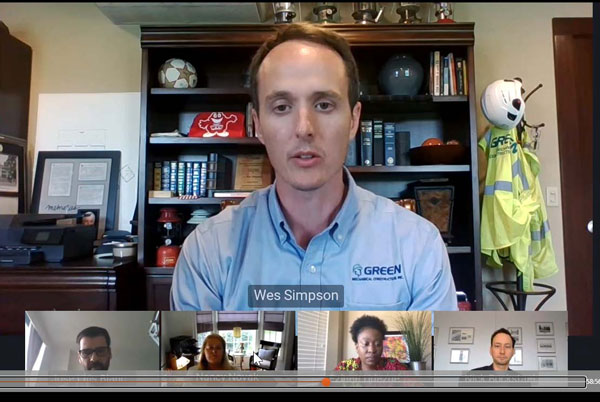
Simpson identified another evolution occurring within construction firms during the pandemic — the need for greater empathy and support of workforces. Employees are fearful and distracted, and so health and safety protocols not only have to be expanded to keep workers healthy but to provide emotional support.
“That has come to the forefront,” he said. “The pandemic is a jarring thing mentally and emotionally and so you really get to dig down with folks. There have been some deep interpersonal conversations within our business here and thinking about our people.
“And there is the whole business side of that. When folks are scared, when emotions are running high on what’s going to happen, and then obviously productivity is down, efficiency is down, people are really on edge.”
Follow the author on Twitter @DonWall_DCN.


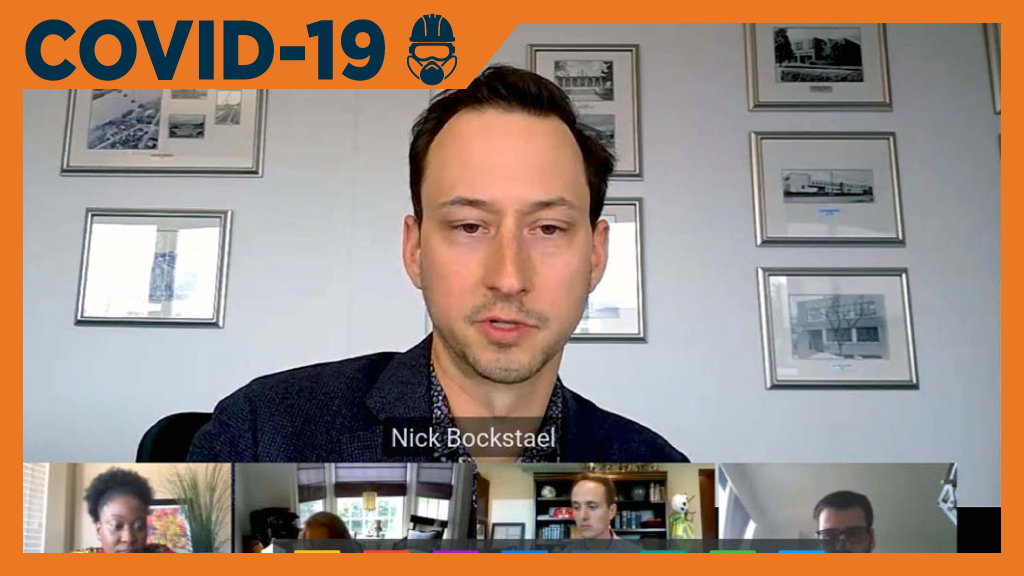
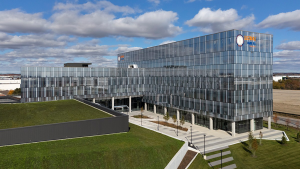

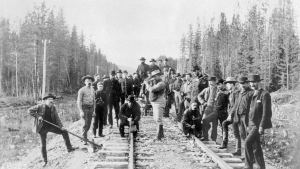
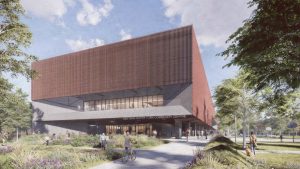

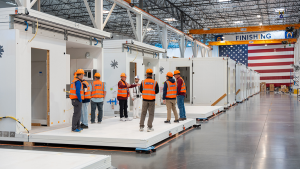


This is a great article. Our office has been utilizing Procore since 2014 and it has been both a great resource and tool. They have also proven to evolve as required leading to greater efficiencies both on site and in the office.